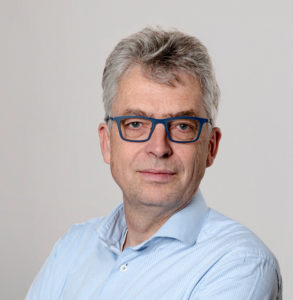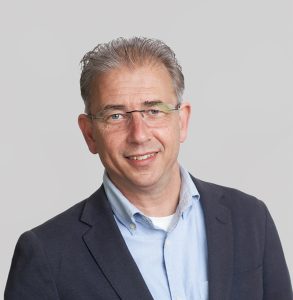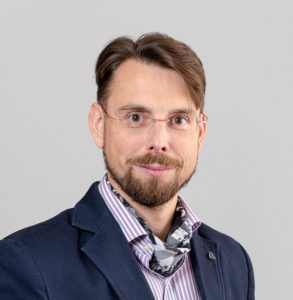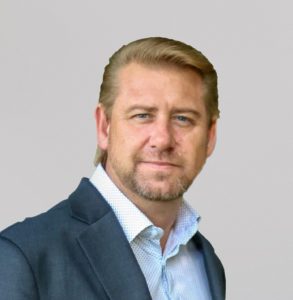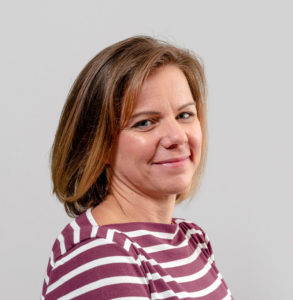Riskonet assists Dutch centre for crime prevention and safety with its harmonisation study
29 may 2017
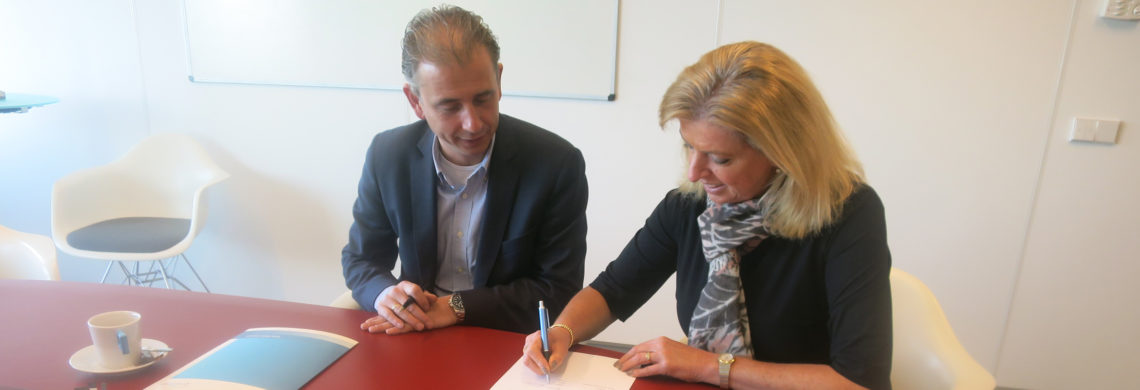
Similar methods: similar conclusions? Have five inspectors inspect a sprinkler system according to an established inspection protocol. Will their applications of the protocol be similar enough to arrive at the same conclusion? These were the main questions the dutch centre for crime prevention and safety (CCV) wanted Riskonet to answer by conducting a harmonisation study into the inspection of stationary fire prevention and extinguishing systems (abbreviated in Dutch as VBB systems).
In the Netherlands, VBB systems are inspected by five agencies accredited to do so: ANPI, BVI, Bureau Veritas, Kiwa R2B and VdS. But, when inspecting the same situation, will their inspections also arrive at the same conclusion? Will their application of the protocol be uniform in practice?
Similar methods: similar findings?
‘It shouldn’t be the case, of course, that inspection agency A rejects a sprinkler system, agency B approves it, and agency C approves it but has certain reservations’, says Tom de Nooij, Risk Engineer at Riskonet. ‘Applying the same protocol should result in the same conclusion. It was an honour to be commissioned by the CCV to serve as a kind of inspector assigned to conduct a harmonisation study.’
A real test case
‘With the client’s input, we decided that the core of our harmonisation study would involve a real test case conducted at a large retail company in Utrecht. During sessions held over a three-day period in May, each agency involved would carry out its inspection of the company’s sprinkler system. We would compare the approach selected by each agency, their analyses and their final conclusions, all of this being done against the background of the CCV inspection protocol for VBB systems.’
Both organiser and mediator
During inspection days, Riskonet served as both as an organiser and a auditor. ‘We drew up the detailed document explaining everything about the study so everyone participating in it would know what it was about. They made up an inspection plan and went to work. During the inspection days, we provided uniform conditions and the best possible work situation for the inspectors so that they would have complete freedom regarding having the pumps started, having the fire alarm sounded, etc.’
Reducing differences
Tom de Nooij emphasised that the study was not a competition. ‘We weren’t looking for who conducted the best inspection or who made the fewest errors. Of interest to us were the differences in their inspection plans and reports and how their inspections were carried out. We compared their objectives, scope, approach, interpretation, analysis and conclusions. Each of these were factors that might make a difference in how the inspection protocol could be applied; if we could identify one or more of these factors, it might be possible to reduce or eliminate these differences.
The objective: harmonisation
As a conclusion to the study, Riskonet provided its analysis of the differences it had observed: the nonconformities. ‘Examples included how the risks in a storage room and the risks associated with categories of goods had been estimated. Did anyone conduct an inspection that didn’t conform to the protocol or involved an objective that had been interpreted differently? Was the inspection conducted according to the letter or the spirit of the protocol?
The conclusions are being discussed with the CCV and the inspection agencies. ‘The inspectors are learning from each other, and the methods – actually the best practices – are being shared and aligned. This is how harmonisation is being developed. This is what we want – accompanied, of course, by improved inspection practices as a higher goal. We are pleased to be making our contribution to this.’
